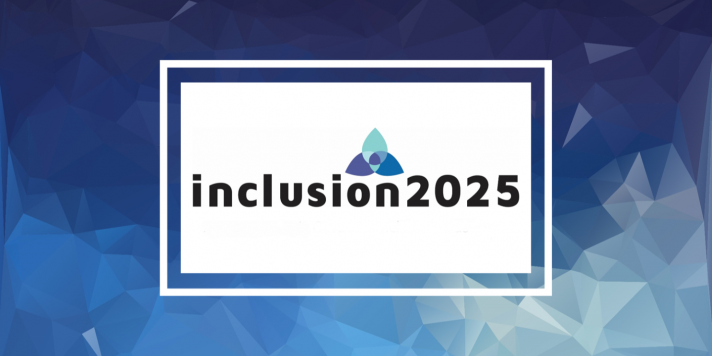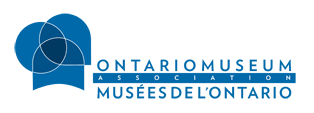Inclusion 2025 at Conference

The OMA Annual Conference 2018 is a time to learn with and from other emerging and established museum professionals across the sector. With this year’s theme Collaborating for Impact: Not Business as Usual, we consider the innovative ways in which our colleagues are reaching diverse and underserved audiences. In recent years, the OMA has partnered with the Canadian Centre for Diversity and Inclusion (CCDI) and the Royal Ontario Museum (ROM) in an effort to emphasize the importance of talking and learning about diversity, inclusion, accessibility and equity. As outlined in Ontario’s Museums 2025 Strategic Plan, we believe the OMA and our members must engage with the diversity of people and groups represented in our communities, and facilitate access to all areas of museum work, including representation on our governing councils and among our staff. As our largest annual event, this conference is an opportunity to continue advancing diversity and inclusion in the Ontario museum sector. Here are some of the ways the OMA is working towards inclusivity at our upcoming Conference.
Inclusion 2025: Where Are We Now?
As part of the Museum Inclusive Leadership Project in partnership with the Canadian Centre for Diversity and Inclusion (CCDI) and the ROM, and informed by Ontario’s Museums 2025, the Diversity Census Tool and Inclusion Survey was deployed province-wide in the summer of 2018 in order to track demographic data and perspectives on diversity and inclusion across Ontario’s museum sector. During our Thursday afternoon plenary session (12:45-1:35pm) Inclusion 2025: Where Are We Now?, Founder and CEO of CCDI, Michael Bach, will speak to the insights we can take from the survey’s findings.
The Knowledge Holder
“Knowledge Holders are members of Indigenous and local communities who are knowledgeable in various aspects and forms of Indigenous Knowledge. Such members are recognized in their communities for their expertise and depth of knowledge”[1]
As a reminder of the Indigenous communities of this land, the Knowledge Holder opens and closes the conference according to their community’s traditions. They are also available throughout conference to foster understanding and support of local Indigenous cultural information and issues. We are pleased to welcome Carolyn King, former Chief of the Mississaugas of the New Credit First Nation and previous recipient of the Ontario Heritage Trust Award, as the Knowledge Holder at this year’s conference.
Championing Inclusion as a Museum Professional
Continuing conversations that began at the Inclusive Museum Leadership Symposium, on Thursday afternoon (1:45-2:15pm) our concurrent session Asking the Right Questions: Real Talk about Championing Inclusion as a Museum Professional is an interactive session facilitated by Kendra Campbell (Myseum of Toronto), and Jaclyn Qua-Hiansen (ROM), on how we can acknowledge and respectfully integrate diverse collaborators into our everyday operations.
“Get Here” Guides
To assist delegates traveling to conference inside the city using public transit and to provide an overview of the venue, a series of videos called “Get Here” Guides were created, including:
Closed captioned, these videos are available here.
Participating if you cannot attend
We understand that many museum professionals, students, and others won’t have the opportunity to attend conference. For those unable to physically join us at conference, there are still many ways to participate in the events:
- Trivia Night – If you’re in the Toronto area, join us for Trivia Night following our Opening Reception on Wednesday October 24th, 8:30-11pm
- Join the Online Conversations – follow the OMA on Twitter, Facebook, and Instagram (@museumsontario) for updates throughout conference. Stay connected through the hashtag #OMAConf2018
- Tune In – Our plenary room will be live streamed. Keynote speakers, and sessions held in this room will be available throughout the conference. If you don’t have time to watch live, take advantage of your OMA membership and watch recordings of the sessions when they become available
Our goal with all of these efforts is to advance diversity, inclusion, accessibility and equity with integrity. For additional information or to provide suggestions on how we can make our future events more inclusive please contact the OMA at 416-348-8672, toll free at 1-866-662-8672, or email [email protected].
[1] Mosimege, Mogege. “Research Protocols and Ethical Consideration in Indigenous Knowledge Systems.” In Handbook of Research on Theoretical Perspectives on Indigenous Knowledge Systems in Developing Countries, edited by Patrick Ngulube, 156-172. South Africa: University of South Africa, 2017.

